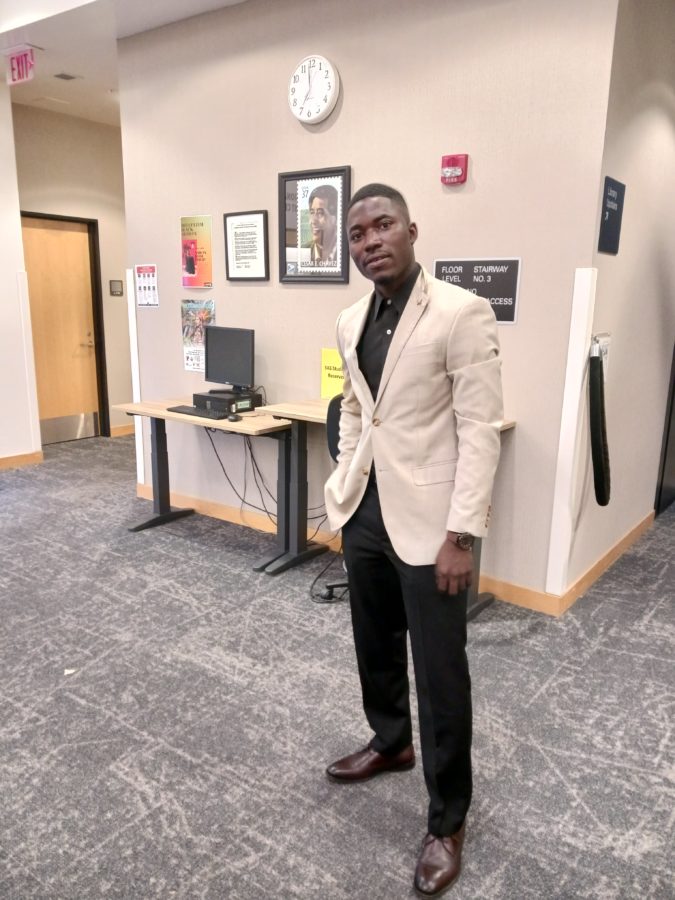Controversial ideas provide insight even if they offend
Recently, controversial pamphlets featuring post-abortion fetuses were distributed and left around campus. It bothered a few people enough to complain, call the police and throw the pamphlets in the trash.
The pro-life group Project Truth’s ideas may have been controversial and offensive, but being allowed to believe whatever you want and express those beliefs in a peaceful way is fundamental to democracy, which is why those rights are guaranteed by the First Amendment.
As college students developing critical thinking skills, it is important for us to be exposed to a variety of ideas, examine those ideas and integrate our findings into our understanding of the world.
That means being able to, without bias and emotion, look at what conclusions are being drawn and question them intensively until you have a thorough understanding of the underlying arguments backing those claims.
Reading through the pamphlet, it is clear only one side of the argument is presented. As an individual with initiative, you could look up statistics on abortions, testimonials from women who did not regret it and more arguments for both sides.
One of the benefits of being exposed to highly biased information is gaining awareness of what kind of values and ideas people around you hold.
If you find the information out of touch, address it and question it. You can choose to ignore it, but that will not stop those views from existing, and purposeful ignorance will only help them spread their message.
Direct, open and honest conversations are difficult, but they help us understand what people think and why. Understanding controversial ideas can help individuals come up with better arguments after they have had time to digest that information.
It is possible that an individual continues believing whatever they want after a conversation, but there is also a possibility that you may open their eyes.
On the other hand, it is difficult to draw the line between hate speech, propaganda and legitimate information.
Some students on campus may have had abortions and seeing post-abortion fetuses could cause them extreme emotional distress. Our culture already pushes issues affecting women into the background and treats them as less important.
We have regulations protecting other disadvantaged groups from hate speech, but women are denied this protection.
Even though the demonstrators were peaceful, their message came across as shaming women who have had abortions and garnered hatred toward them by comparing their decisions to extreme violence such as genocide and slavery.
Still, it is important to acknowledge those controversial ideas are true in someone else’s head.
Everyone is in the middle of a neverending learning process so it is important to be understanding when others say offensive or ignorant things without realizing.
When you are on the other side of the equation, it is important to listen to the other side of the argument and acknowledge a mistake when you have made one.
Whether in class, with friends or at home, do not be afraid to say what is on your mind; it just might give someone else the courage to express what is on theirs.






